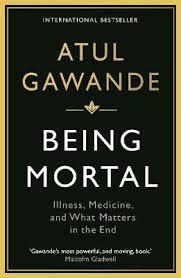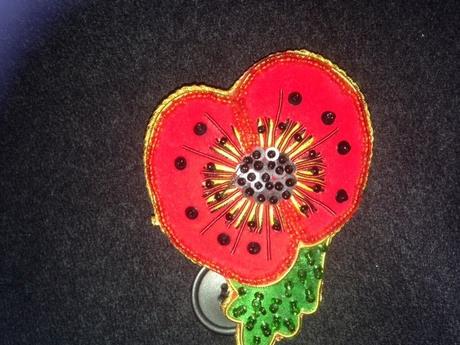Atul Gawande‘s Being Mortal – which I wrote about here in the context of his 2014 Reith Lectures – is extraordinary for its courageous and honest confrontation of our failure to confront how we want to die. Or, as Atul Gawande would say, from a surgeon doctor’s point of view:
We’ve been wrong about what our job is in medicine. We think our job is to ensure health and survival. But really it is larger than that. It is to enable well-being. And well-being is about the reasons one wishes to be alive. .. . Wherever serious sickness or injury strikes and your body or mind breaks down, the vital questions are the same: What is your understanding of the situation and its potential outcomes? What are your fears and what are your hopes? What are the trade-offs you are willing to make and not willing to make? And what is the course of action that best serves this understanding?
In other words it’s all about how we want to live out our final days or weeks or months, or even years, if that’s what our final disease allows. It’s all about perspective. And if our doctors ask us the questions that allow us to face what’s coming and how we’d like to face it then we can remain the authors of the stories of our lives until the very end (as opposed to having a structure and a routine imposed on us as so often happens in nursing homes where what happens is organised to suit the staff rather than the residents: it takes an elderly infirm person much longer to dress him or herself and so staff will hurry her or him along which results in a loss of autonomy and often a resigned giving-up). Whereas in the original assisted living idea residents can lock their doors and be in charge of their medicines and their lives (with help near at hand). And, as Being Mortal shows, residents in such homes, or who have hospice care at home which is tailored to the way they’d like to live to the very end, these people live more fulfilled lives right to the end.
And the thing I would like to have made in a parallel universe where time is infinite and anything is possible is The Royal Hospital Chelsea (London)’s poppy brooch. So many people have commented on it this Remembrance Week and it really does look beautiful and, more importantly, it makes you notice it and so it makes you think about all those young men (and they still are mostly men) who’ve died in conflict. And it lasts and lasts and lasts. Lest we Forget.


